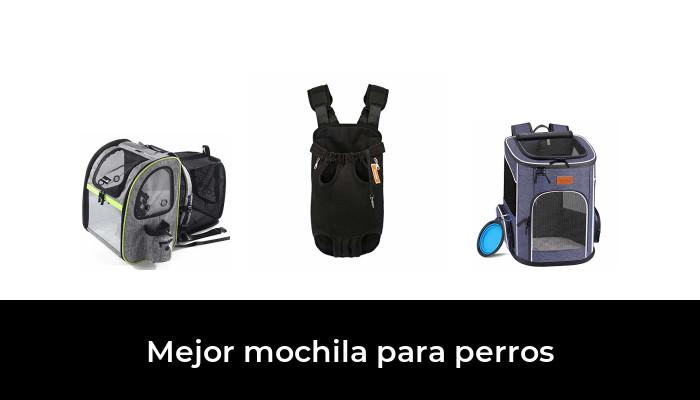Testing in animals in Guatemala (what is it, why its well -being is promoted and what the country's law says)
The video is starring director Taika Waititi.It has the voices of Ricky Gervais as the documentary filmmaker and Zac Efron as one of the fellow rabbits who do not want to die at the hands of humans.
Cosmetic chemical.Therefore, the organization, together with its partners, tries to ban cosmetic tests in animals in the largest beauty markets in the world.
Prohibition of testing in animals worldwide
According to Vanessa Granados, official veterinary veterinarian of the Ethics Committee for Animal Use and Care of the Universidad del Valle de Guatemala, the first animal welfare law was approved in the United Kingdom in 1856 when a group of people was outraged by cruel experiments toThose who were subjected several animals.Then, it was until 1966 that the Animal Welfare Law was approved (AWA for its acronym in English), in the United States.According to the years, both laws have had modifications and laws and regulations have been written in many other places.
Thus, in the world, the decision to have legislation that protects animals from the use of the cosmetic industry has been supported by countries such as Turkey, Israel, India, Taiwan, South Korea, New Zealand, among others.Regarding Latin America, Guatemala was one of the first countries to approve a law that prohibits testing in animals in the cosmetic industry, at all stages, from the ingredients to the final product.Then, in 2020, Colombia created its legislation that sanctions companies that test in animals to prove the effectiveness of cosmetic products.
How to know if a product is tested in animals
More and more companies are binding to campaigns such as Ralph and avoid testing in animals to produce their merchandise.Cruelty Free International, an organization that works to end animals experiments, indicates that one of the methods to end this type of test is to identify the products of the companies that continue to do them and no longer consume them.
To verify if a product has been tested in animals it is important to check the container.Either behind, below or on the side will have a logo or symbol of "not tested in animals".Most logos identify with a rabbit or have legends like "cruelty free" or "not tested in animals".In addition, products with vegan seal are also free of cruelty towards animals, since all their manufacturing process is free of animal use.
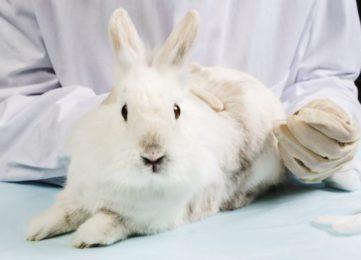
If a product does not carry this type of symbols or legends, you can also look for it on the cruelty free international page, they have a search engine divided by categories such as: cosmetic and personal care products: cleaning and home products;company products, in which you can find the name or brand of the product.
There are also applications to know if a product is tested in animals:
Training Students How To Teach Chemistry #education #CheMistryeducation #Laborratory #Experiment #Stem #Didattica… https: // t.CO/KZKZBIGVTK
— Valentina Domenici Wed Feb 05 16:09:33 +0000 2020
What tests in animals can be done in Guatemala?
In 2017, the Congress of the Republic approved the Animal Welfare Law and Welfare Law, under Decree 05-2017.Article 54 indicates that the use of experimentation and research animals in the cosmetic industry and its ingredients is prohibited.
However, it is conditionally allowed to use animals for research and teaching.In article 43, the law indicates that it is exclusive use of universities or companies that do investigations and that they must justify their use, as well as must form institutional committees of ethics in animal use and care, which must be registered in the unitof animal welfare.
These committees will be composed of at least a veterinarian, a notable citizen, a scientist and people that are required for research.
Granados explains that Guatemalan law adheres to inter -institutional and international standards, such as the creation of ethics committees, known as Cicual.In addition, the concept of Russel and Burch is included, which seeks to reduce the use of animals in scientific research.Therefore, to do research with animals you must include this concept that is integrated by 3 erres:
In addition to these three concepts, three others are added in Guatemala:
In Guatemala, testing has been done in animals for medical purposes.For example, for vector -transmitted diseases or those endemic that could be growing in some community.“Studies have been done about how much damage the bed bugs can cause themselves in the domestic animals of a community.This is not done in a laboratory specifically, but in the field to solve a health problem, ”says the researcher.
Estefany de León, researcher veterinarian at the Institute of Research of the University Center of Zacapa of the University of San Carlos (Cunzac), indicates that the use of bioterium animals is also common.These are laboratory animals for research purposes.“They are specifically laboratory, they are born, grow and reproduce there.We use them, for example, in the microbiology area we want special ages to be able to do cultures or sowing of bacteria, we need part of those fluids to keep them ”.
The expert explains that ethics committees also evaluate the welfare of animals taking into account the five freedoms established in article 14 of the Law:
Why is it experienced with animals?
For many scientists it is useful and necessary to experiment with animals.In an interview to the country, the geneticist Lluís Montoliu, president of the CSIC Ethics Committee, said that sometimes you have to do animals to ensure that the discovered is completely extraordinary.
“Each and every one of the vaccines had to be validated before not in one, but in different animal models.They were validated first in mice (to which a small genetic modification must be made to be infectable by this coronavirus), also in hamsters (which are infected) and, finally, in the most similar to us, which are the primates,Macaque species in which Pfizer, modern, Astrazeneca, Janssen, Sputnik have been validated, "she answered the question of whether for the vaccines of COVID-19.
De León explains that animals are used for testing in order to obtain health benefits, either for other animals or for humans.Therefore, trials in animals consist of testing their health or subjecting them to an evaluation.When an animal is used for this type of test, what is requested is that its well -being is taken.


![46 Best Eyebrow Tint in 2022 [Based on 59 Expert Opinions]](https://website-google-hk.oss-cn-hongkong.aliyuncs.com/drawing/article_results_6/2022/2/27/ed118fdf3947d2023236cbe413ad9041.jpeg)
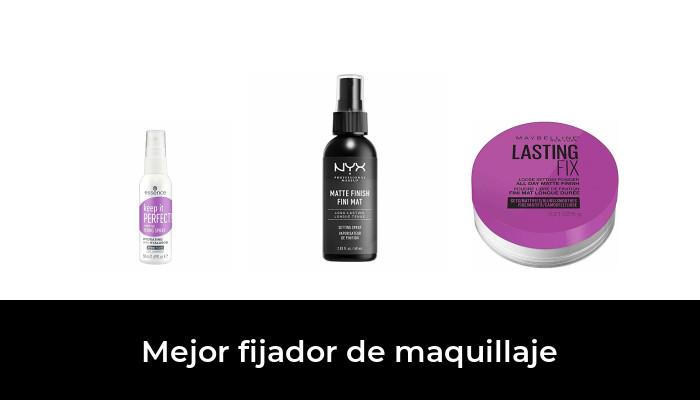

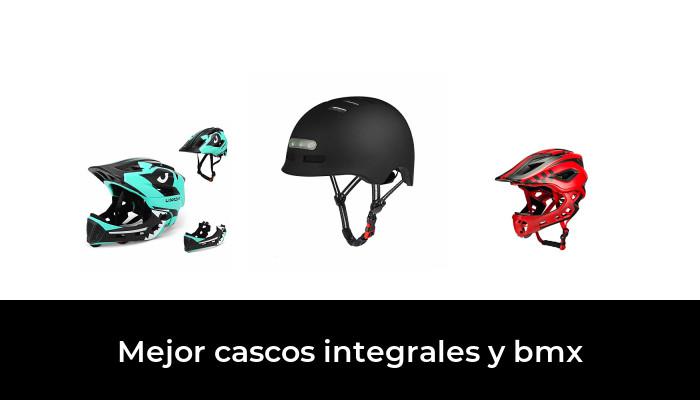
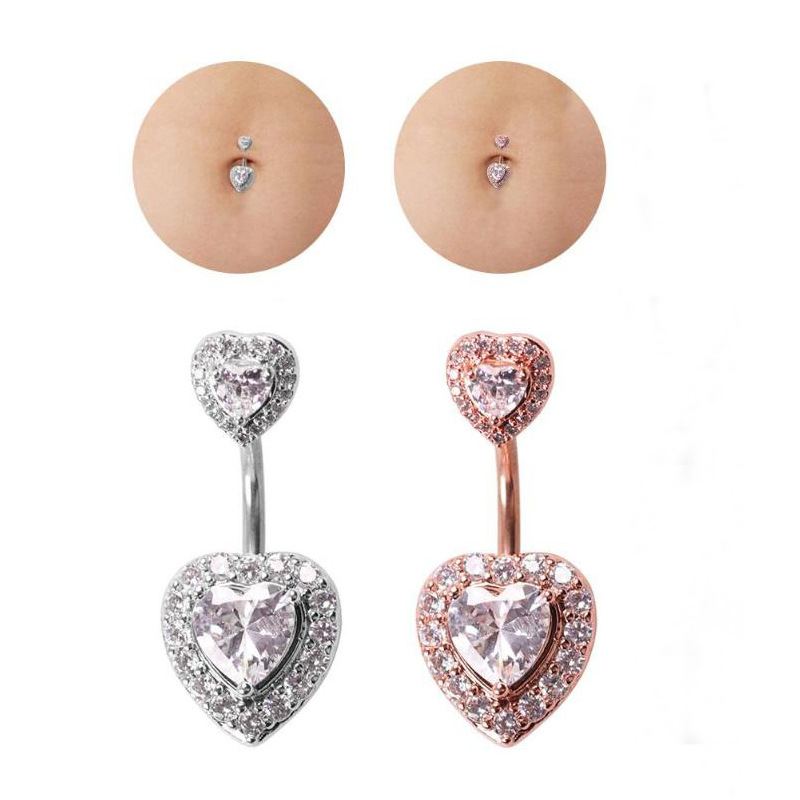
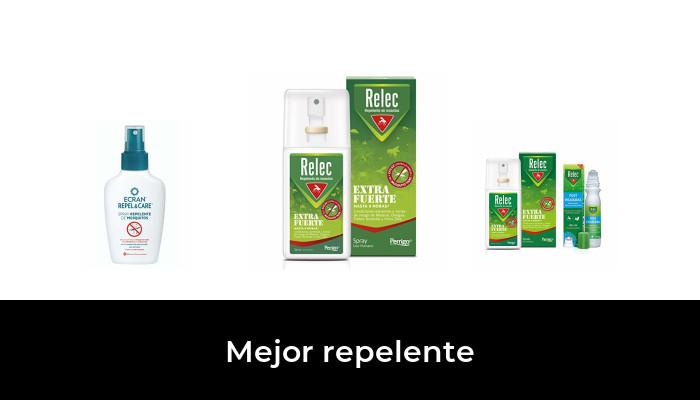
![47 best antiage nutritive cream in 2022 [based on 326 reviews] 47 best antiage nutritive cream in 2022 [based on 326 reviews]](https://website-google-hk.oss-cn-hongkong.aliyuncs.com/drawing/article_results_6/2022/2/27/1918fc37c66ad30564173e69d9df88a0.jpeg)
